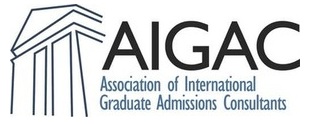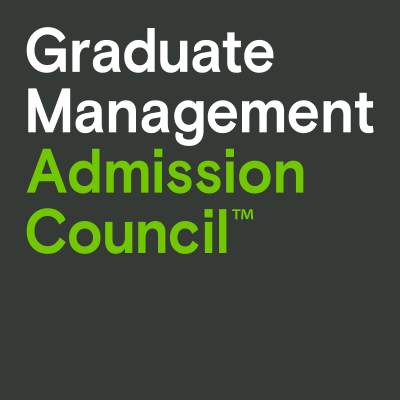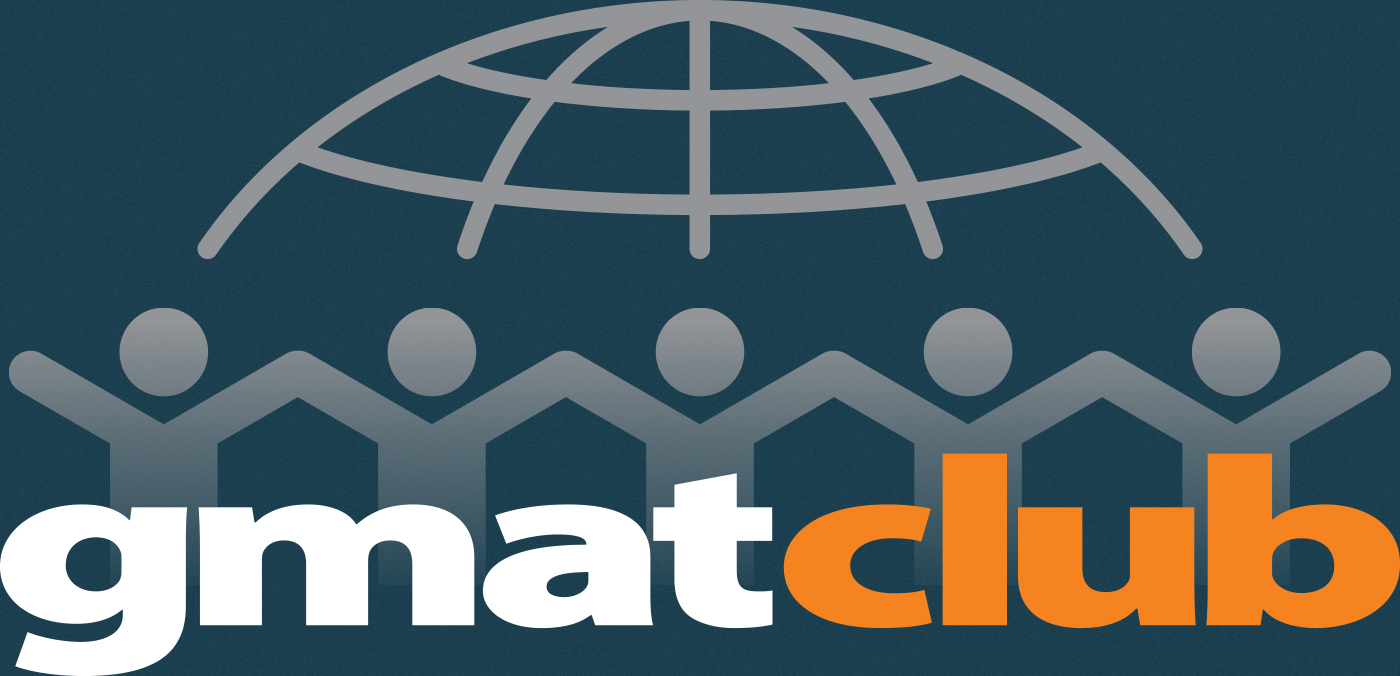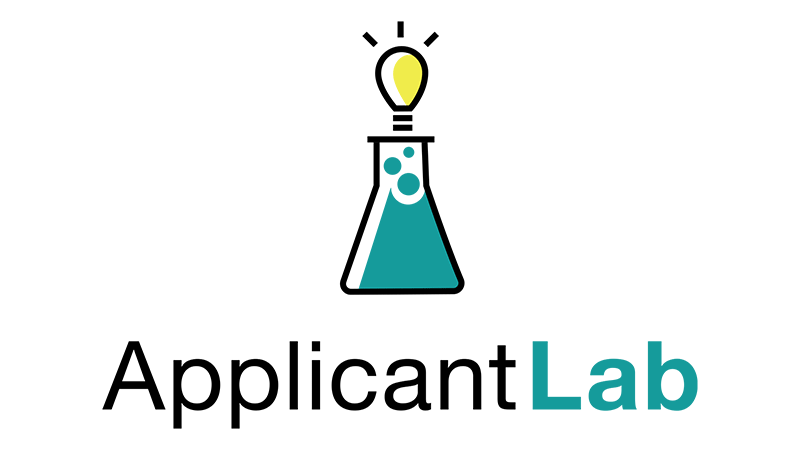GENERAL ADVICE FOR ALL GRADUATE SCHOOL APPLICANTS
This advice is for all graduate school applicants and applies to all public and personally identifying information including social media: LinkedIn, Facebook, Twitter/X, Instagram, Tiktok, Bluesky, Signal, YouTube, podcasts and any other public sites.
Note on Admissions Offices: It is important that you make sure your social media presence is "clean" and non-problematic because admissions officers may review those sites.
For LinkedIn, if you don't have an account, get one, as it is perceived as a basic networking tool. If you have a LinkedIn account, keep it updated and consistent. AIGAC is not recommending that you be active on that platform, but rather that you make a professional impression on anyone looking into you. In addition to your profile, consider what you post and the extent of your engagement with groups. If you have any concerns regarding your online presence, please let your admissions consultant know. Your resume, application form, and LinkedIn profile should be consistent in terms of dates and other factual information. Finally, please be mindful of following schools on LinkedIn as that might be noticed by the schools. It is best to either follow all the schools you apply to (and perhaps others that you don’t apply to) or no schools at all so that it is not obvious what your preferences are.
ADVICE FOR INTERNATIONAL APPLICANTS INTENDING TO STUDY IN THE US
If you intend to be an international graduate student in the US, the US State Department and Department of Homeland Security have official policies that international students will have their social media scrutinized at the time of visa application and potentially at the time of entry into the US.
The Border Search of Electronic Devices at Ports of Entry | U.S. Customs and Border Protection is the US Customs statement on their right to search any electronic devices (phone, laptop, tablet, camera, etc.), which can include looking at your photos, emails, social media (LinkedIn, Facebook, Twitter/X, Instagram, Tiktok, Bluesky, Signal, YouTube, etc), WhatsApp, etc. Anything found to be in violation of the law or problematic according to the current policies may lead to further inspection.
We highly recommend not having any public social media connected to you that is critical of the US, its allies, and of current or past US Presidential administrations in particular. Examples of social media engagement that could be considered compromising include posting written, audio, and video commentary and “likes” or other positive indications of support. AIGAC advises against publicly supporting any organization that the US considers to be a terrorist because it could negatively affect your ability to obtain a visa. That list can be found at https://www.state.gov/foreign-terrorist-organizations/.
In general, maintaining a politically neutral profile or one that is pro-American is best for any review of your social media. If you have any concerns about this issue, please let your admissions consultant know.
Additional information regarding US visa polices can be found at the following sites:
Also see the Electronic Frontier Foundation information on digital privacy at the U.S. border: long version and short version.
In addition to the above, for students in the US, we would suggest seeing what resources your school has available. For instance, at USC, their Immigration Clinic offers advice. Other schools will likely have similar resources.





